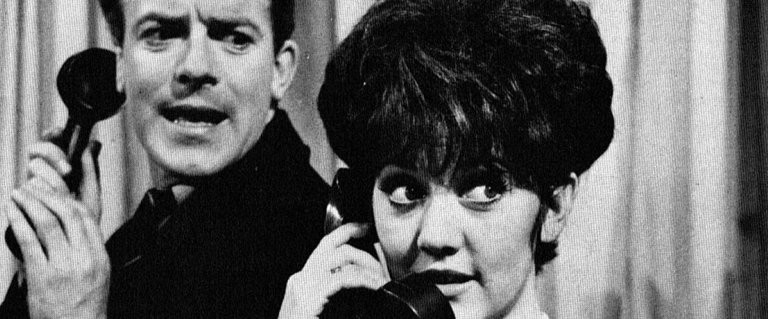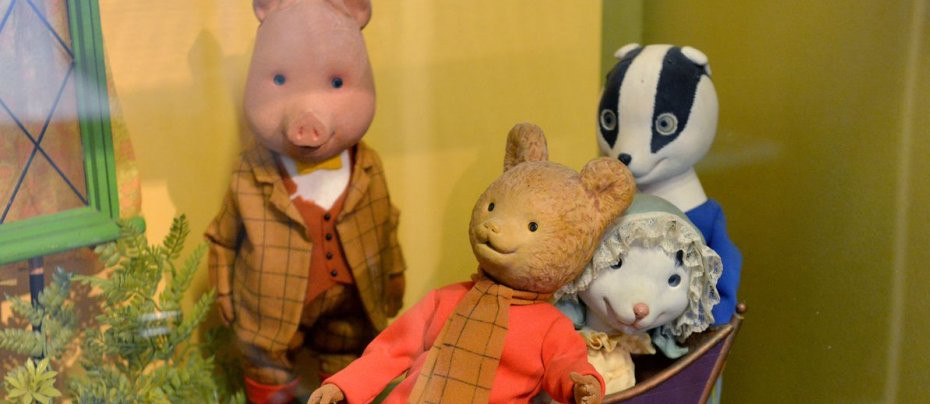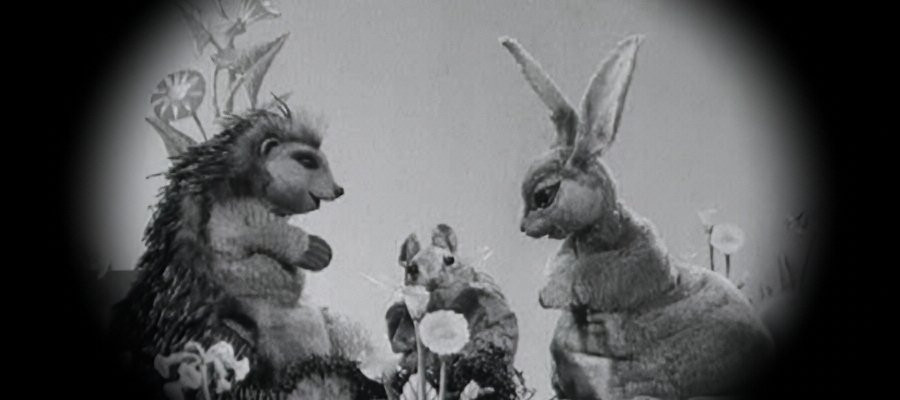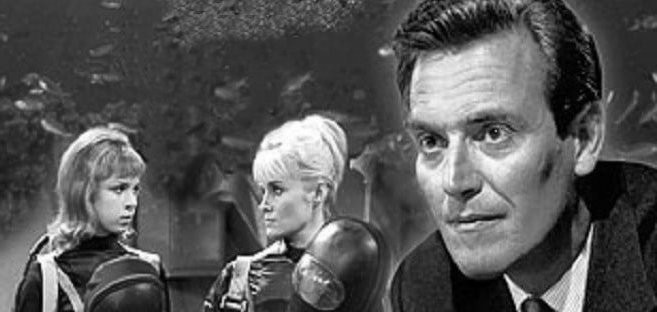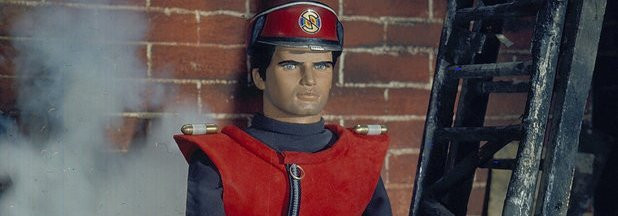
Supercar
1962 - United KingdomAlthough Gerry Anderson’s earlier forays into television puppetry had begun in the latter half of the 1950s, it wasn’t until the debut of Supercar in 1962 that the seeds of his future stardom truly began to take root. A product of AP Films and the first fully-fledged series to be produced in the now-legendary Supermarionation technique, Supercar stands as a pivotal milestone – not just in Anderson’s own career, but in the evolution of British science fiction television.
The significance of Supercar extends well beyond its plotlines or production techniques. It marked the beginning of Anderson’s longstanding and hugely fruitful relationship with media mogul Lew Grade and his ITC company, an alliance that would go on to produce such classics as Stingray, Captain Scarlet, and the iconic Thunderbirds, after Frank Sherwin Green, an old friend of Anderson, working at Beaconsfield Studios, introduced the financially troubled producer to Connery Chapel in the hope that he could provide help in keeping the seriously ailing AP Films in business. In exchange for an undisclosed number of shares in AP, Chapel arranged what was to prove a fateful meeting between Anderson and the then Deputy Managing Director of the Independent Television Company ATV.
Grade, ever the shrewd judge of popular taste, recognised the potential in Anderson’s vision, commissioning 39 half-hour episodes after a single meeting. This business arrangement would prove instrumental in rescuing AP Films from the brink of collapse.
The show's central gimmick – the titular Supercar – was an engineering marvel in miniature, capable of soaring through the skies, skimming across oceans, and hurtling along roads with equal flair. Designed by Reg Hill and built from lightweight balsa wood at a cost of £1,000 (a princely sum for the struggling studio), the model foreshadowed the fantastic machines of Anderson's later series.
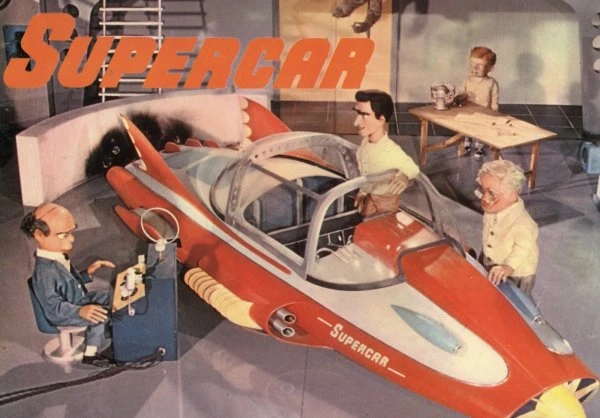
As for the characters, the regular cast was charmingly broad-stroked and full of personality. There was heroic pilot Mike Mercury (voiced by Graydon Gould), the eccentric Professor Popkiss, -a comically accented mid-European scientist, (voiced by George Murcell in season one, with Anderson regular Cyril Shaps taking on the role in season two), stammering Dr Beaker, young orphan Jimmy Gibson (voiced in season one by Anderson's then wife Sylvia, and from season two by David Graham), and the ever-bizarre talking monkey, Mitch. The villains – led by Masterspy and his henchman Zarin – were delightfully melodramatic, precursors to the more menacing adversaries seen in Thunderbirds.
Behind the camera, the show was held together with a combination of ingenuity and desperation. The team famously lined the walls of their Slough factory studio with 1,500 empty egg cartons to create soundproofing – a striking example of the kind of thrift and tenacity that defined early AP Films productions.
From a modern perspective, Supercar may appear simplistic and primitive, especially when viewed alongside Anderson’s later, more polished output. The puppetry is rougher, the storytelling more basic, and the visual effects less refined. Yet there is a charm here that still resonates. The series exudes a sense of boundless imagination and good-natured adventure. It brims with the kind of idealistic futurism that defined early 1960s children’s programming, even as it laid the groundwork for the more sophisticated storytelling and technical wizardry to come.
Supercar is not just a nostalgic curio; it is a landmark. It was the show that pulled Gerry Anderson from the brink of obscurity, secured the financial future of AP Films, and introduced the first tantalising glimpse of the magic that was yet to come. For all its quaintness, Supercar remains a vital piece of television history – the moment Gerry Anderson’s journey into the stratosphere truly began.
Seen this show? How do you rate it?
Seen this show? How do you rate it?
Published on April 22nd, 2025. Written by Laurence Marcus for Television Heaven.




